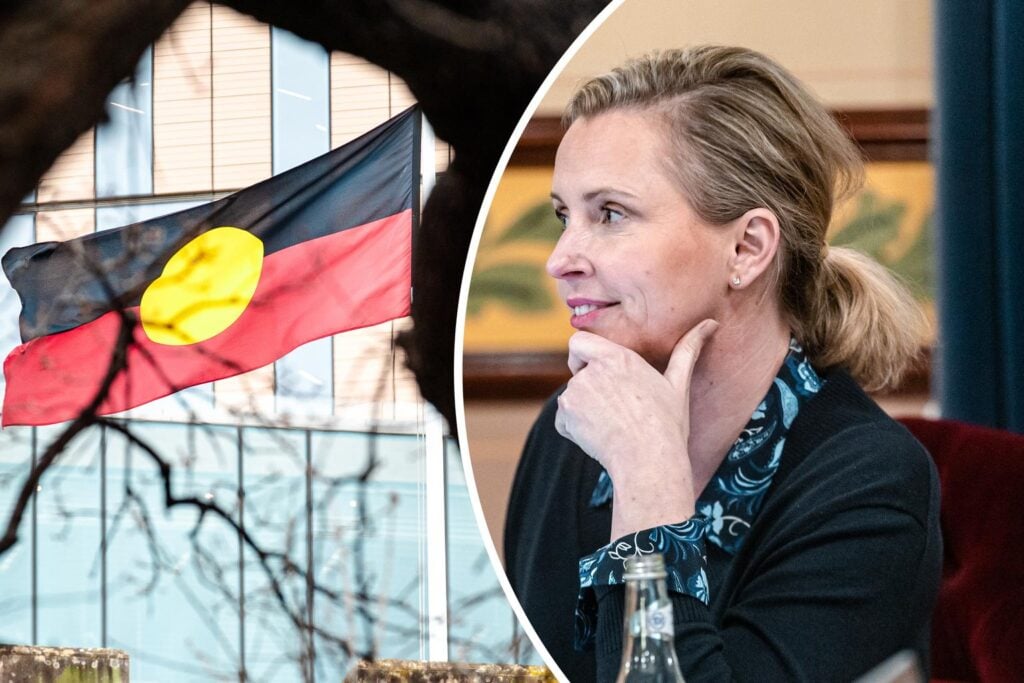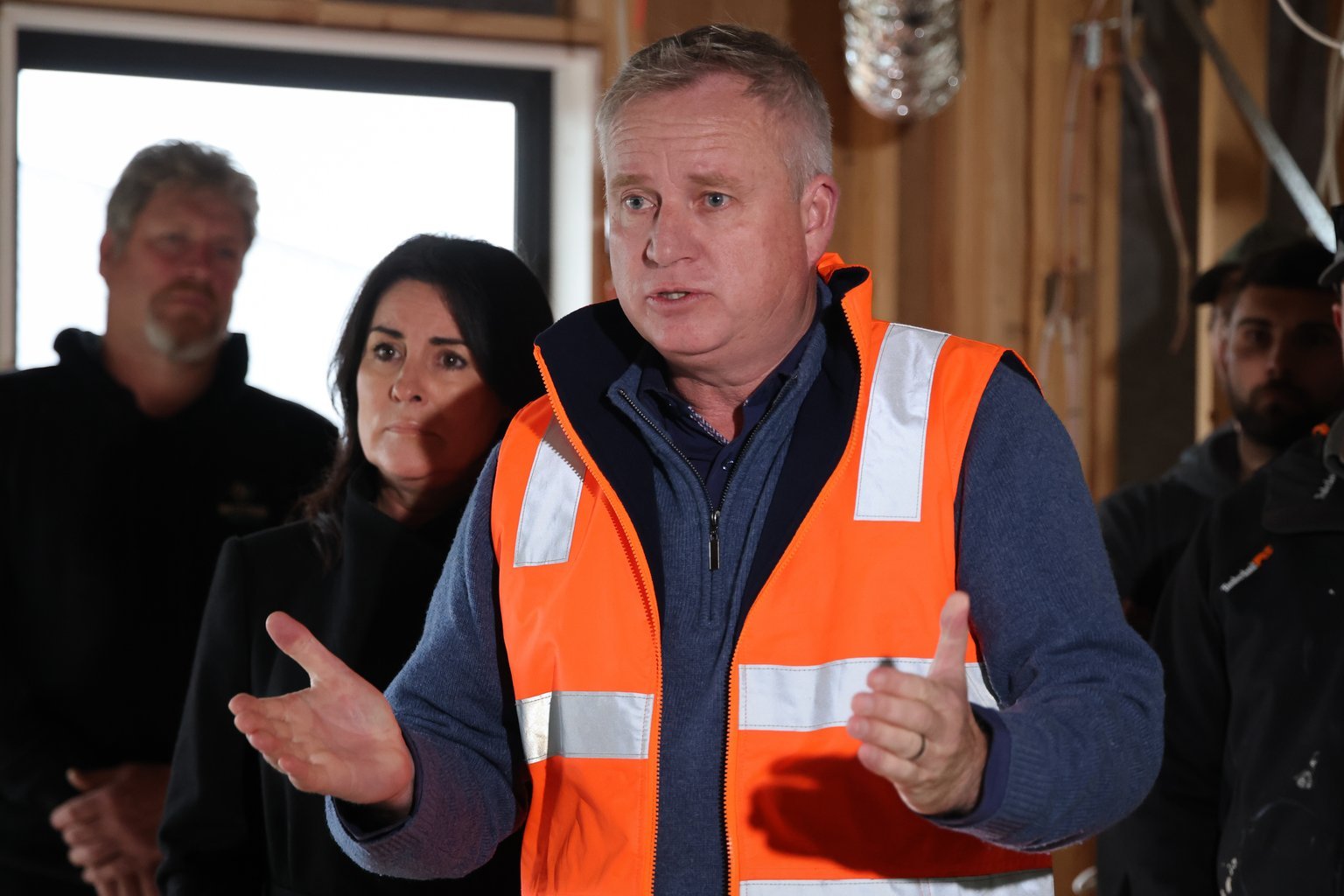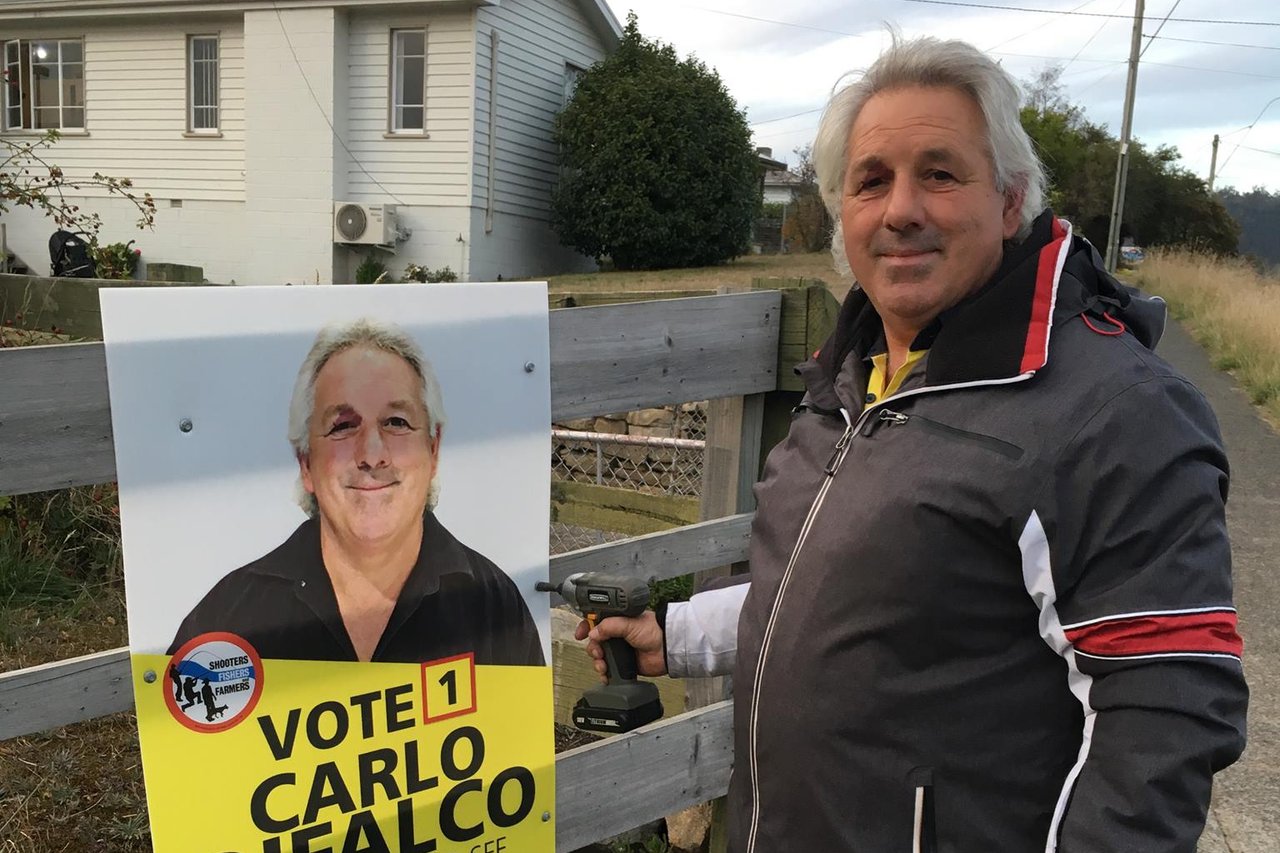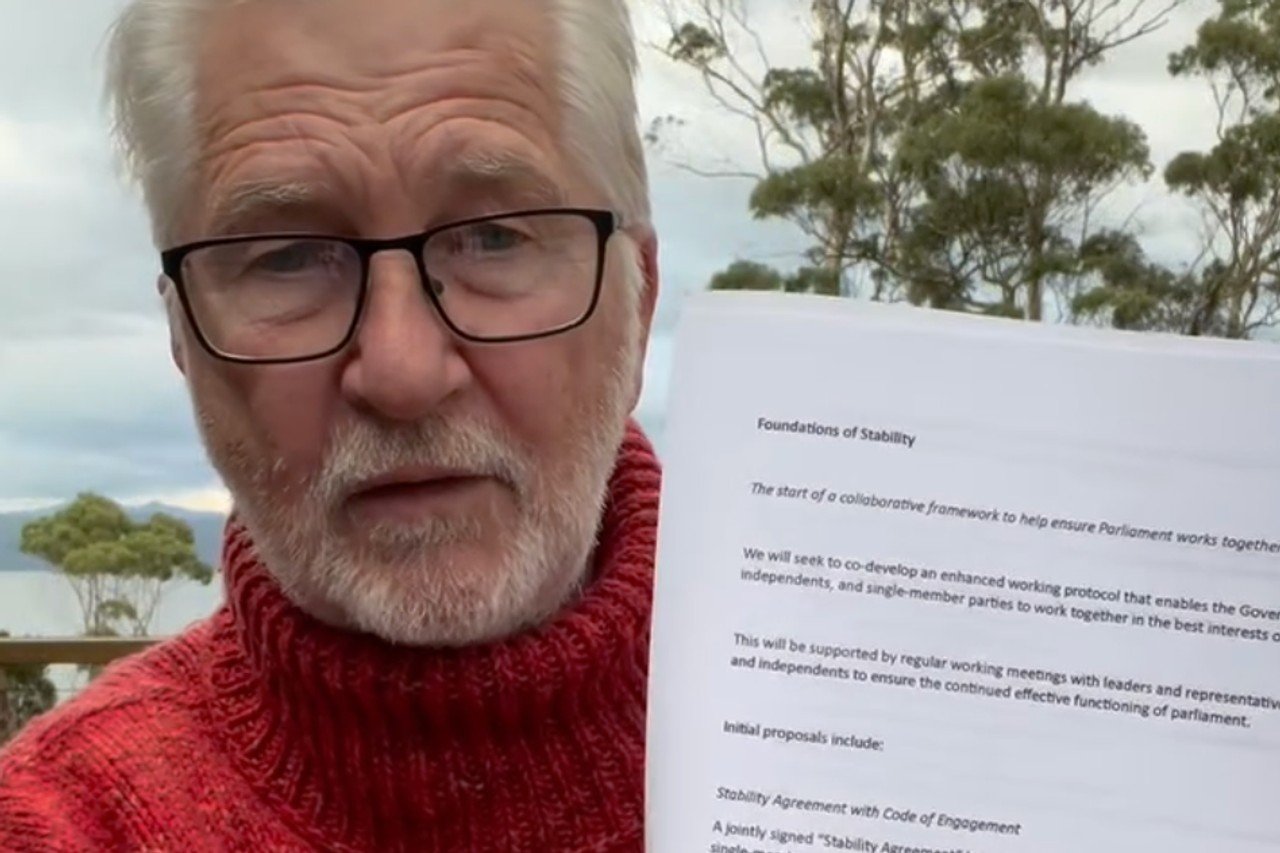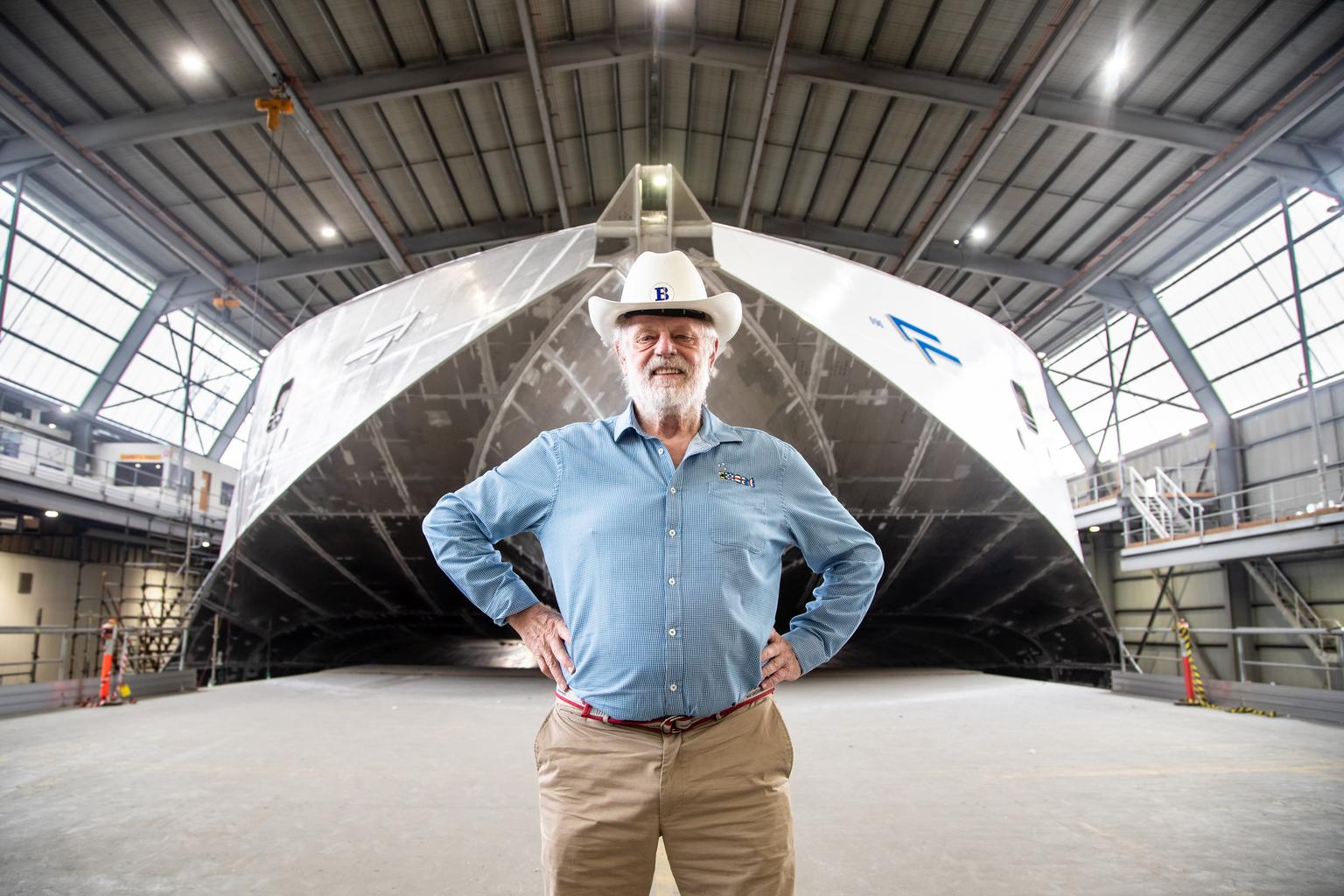A Hobart City councillor is pushing to make Acknowledgement of Country and Welcome to Country ceremonies optional at council meetings, saying making them mandatory forces beliefs onto people who may not share them.
Councillor Louise Elliot is calling for the ceremonies to be held before official proceedings begin, giving councillors and staff the choice to attend or not, rather than making it a compulsory part of the agenda.
“The council stopped the Lord’s Prayer at the beginning of its meetings several years ago, but it’s been replaced with a religious ritual of another kind,” Elliot said.
Her push comes after One Nation senators turned their backs during Acknowledgement of Country in federal parliament yesterday.
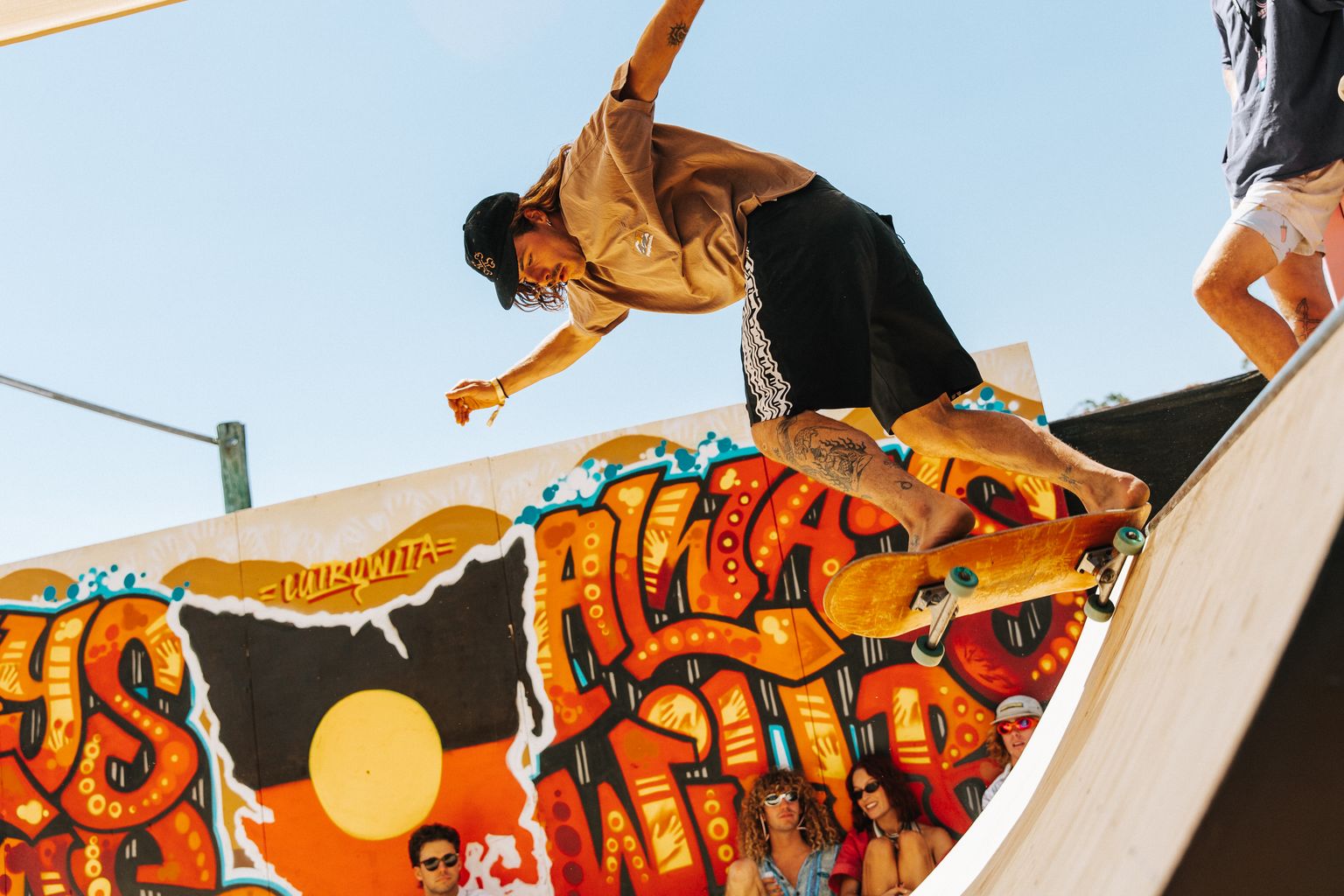
Party leader Pauline Hanson said Australians had “had enough of being told we don’t belong in our own country”.
“We took this stand because we’re listening to Australians, hardworking, decent people who are sick of being lectured to in their own country,” she said.
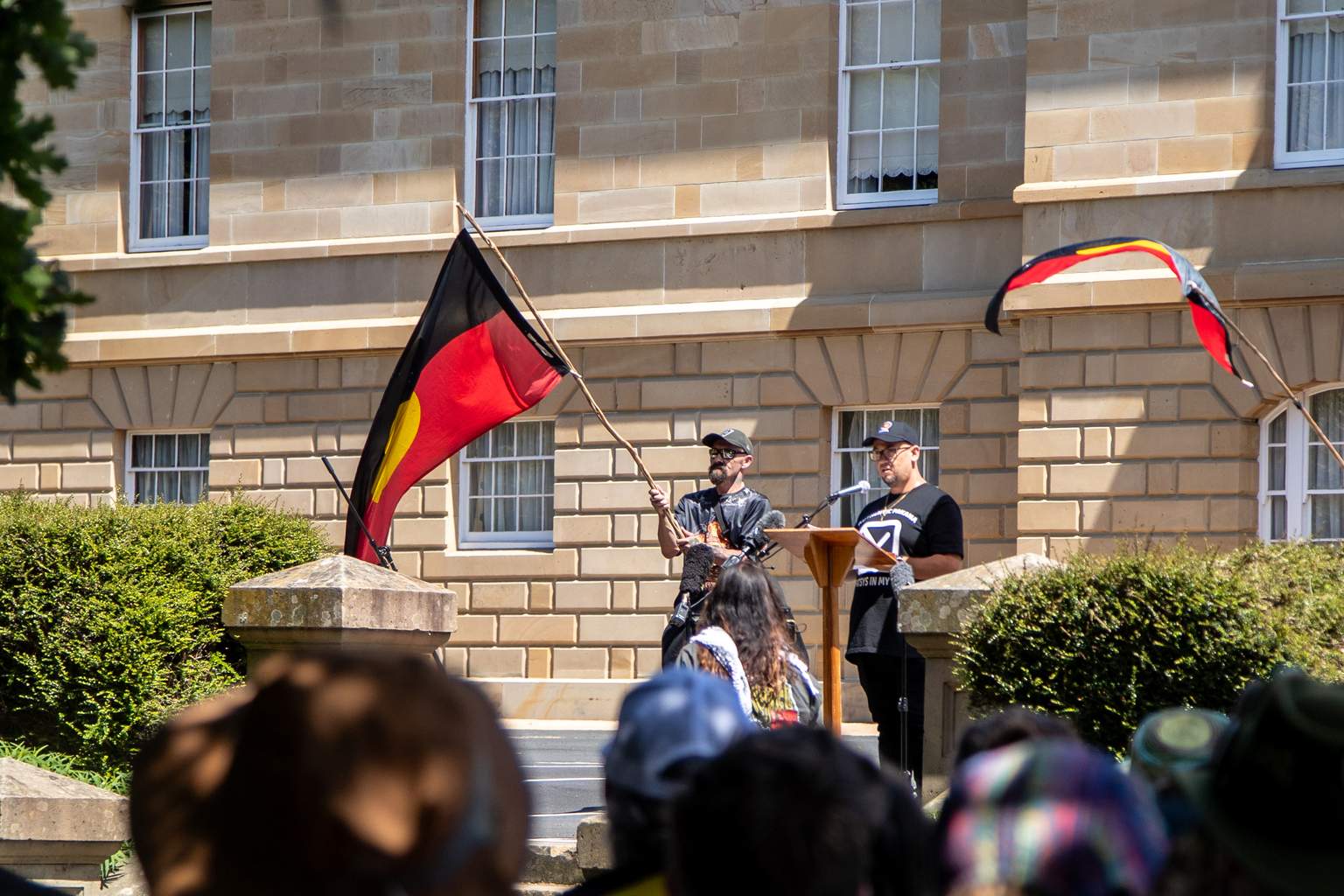
“They’re tired of being made to feel like outsiders. Tired of tokenistic rituals shoved into every meeting, every ceremony, every public event, while real issues like the cost of living and housing are brushed aside.”
Elliot said the ceremonies amounted to “quasi-religious rituals”.
“For many Aboriginal people ‘Country’ is a deeply spiritual concept. It’s metaphysical and draws on a complex set of beliefs,” she said.
“Some people subscribe to these beliefs, many don’t. Most importantly, people should not have the beliefs of others forced on them.”
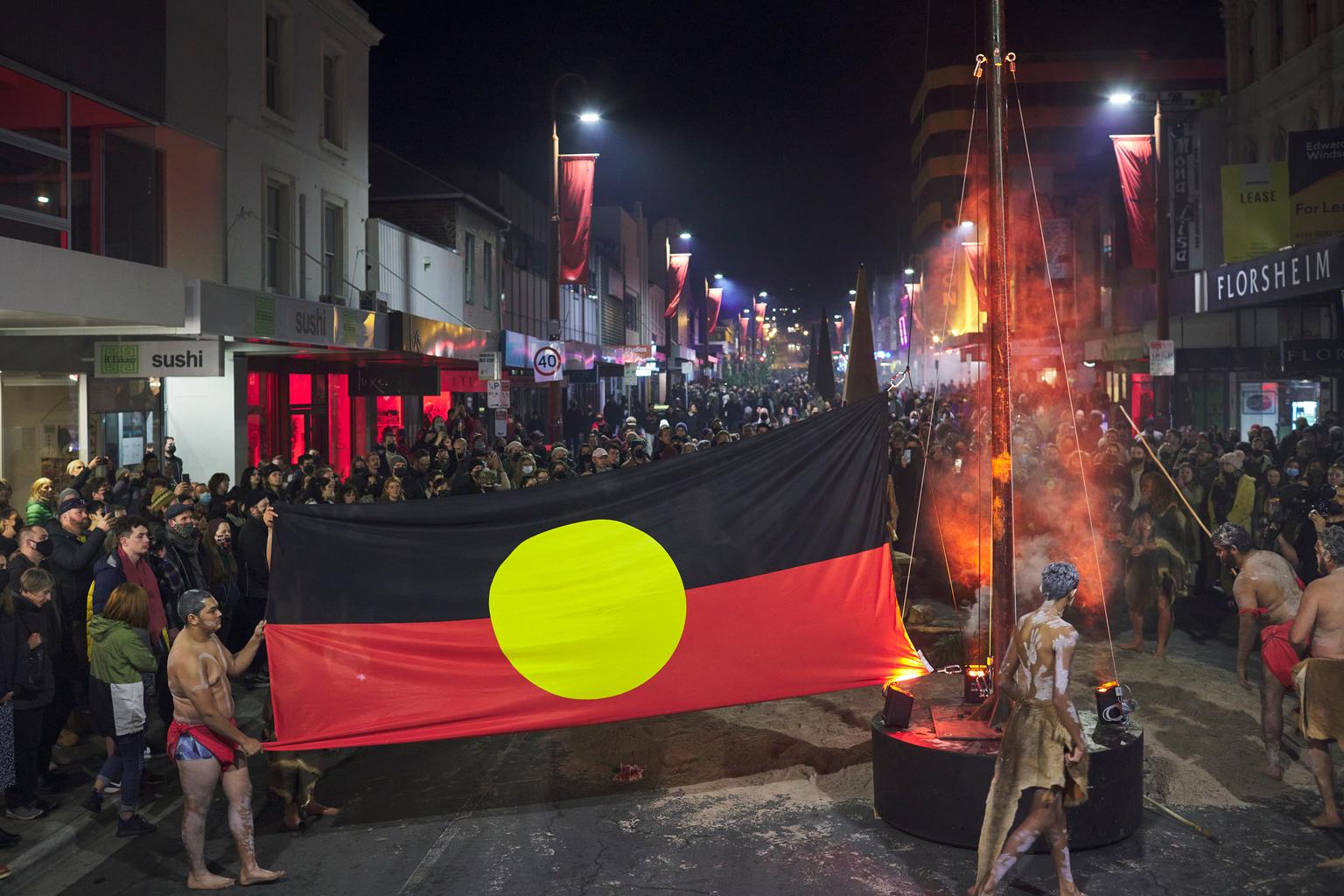
Elliot said she recently chaired a committee meeting and asked for the Acknowledgement of Country to be taken off the agenda, but was told it could not be removed.
“I had to either say what I don’t believe or skip the item and be accused of not following the agenda,” she said.
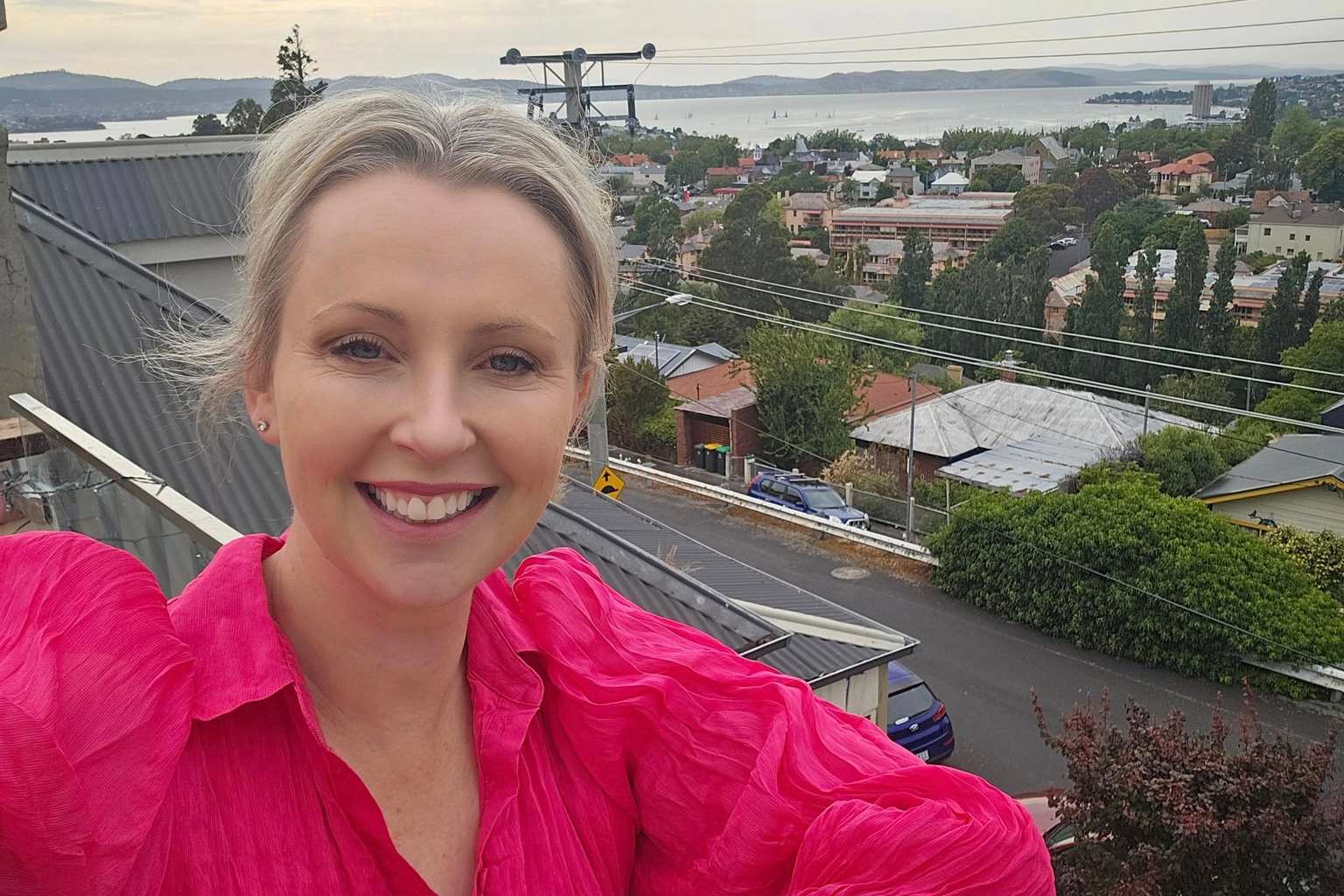
“I chose to acknowledge all Australians who have contributed to our great country and the next meeting I skipped it altogether. A few of my colleagues were unimpressed with that.”
Council research shows all 29 Tasmanian councils and every Australian capital city include acknowledgements at their council meetings.
The practice was introduced at Hobart City Council meetings in 2015 by then-Lord Mayor Sue Hickey, although the council notes there is no official policy making it mandatory.
On the mainland, some councils in South Australia and Queensland have dropped the practice.
One of them, the Naracoorte Lucindale Council, instead opens meetings with: “We acknowledge and respect our complex history. We welcome everyone to build our future together.”
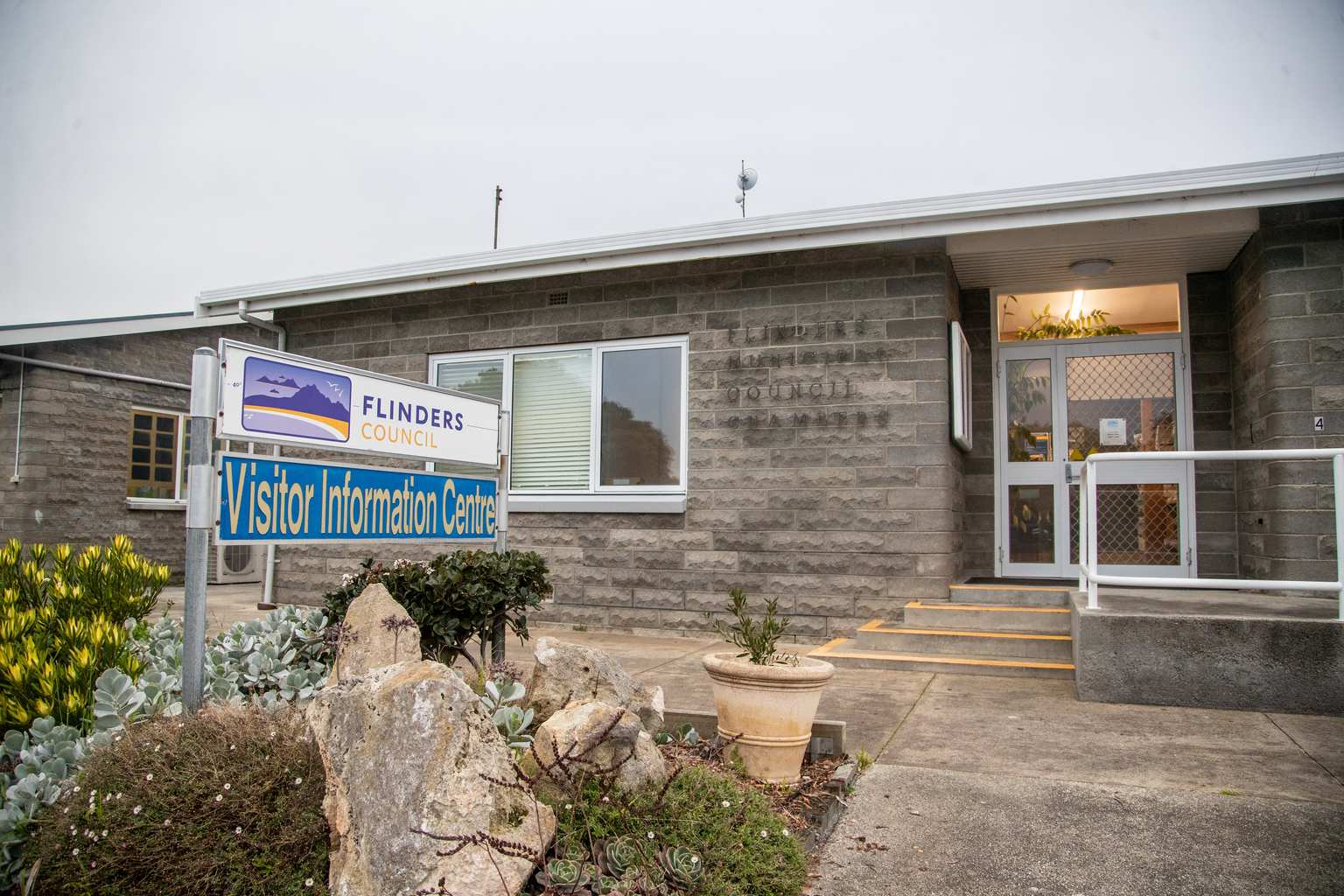
Earlier this year, a Flinders Island councillor tried to completely remove the Acknowledgement of Country from meetings but failed when no one seconded the motion.
The latest debate follows a question raised in May by councillor Bill Harvey, who asked whether the council was “over using” acknowledgements.
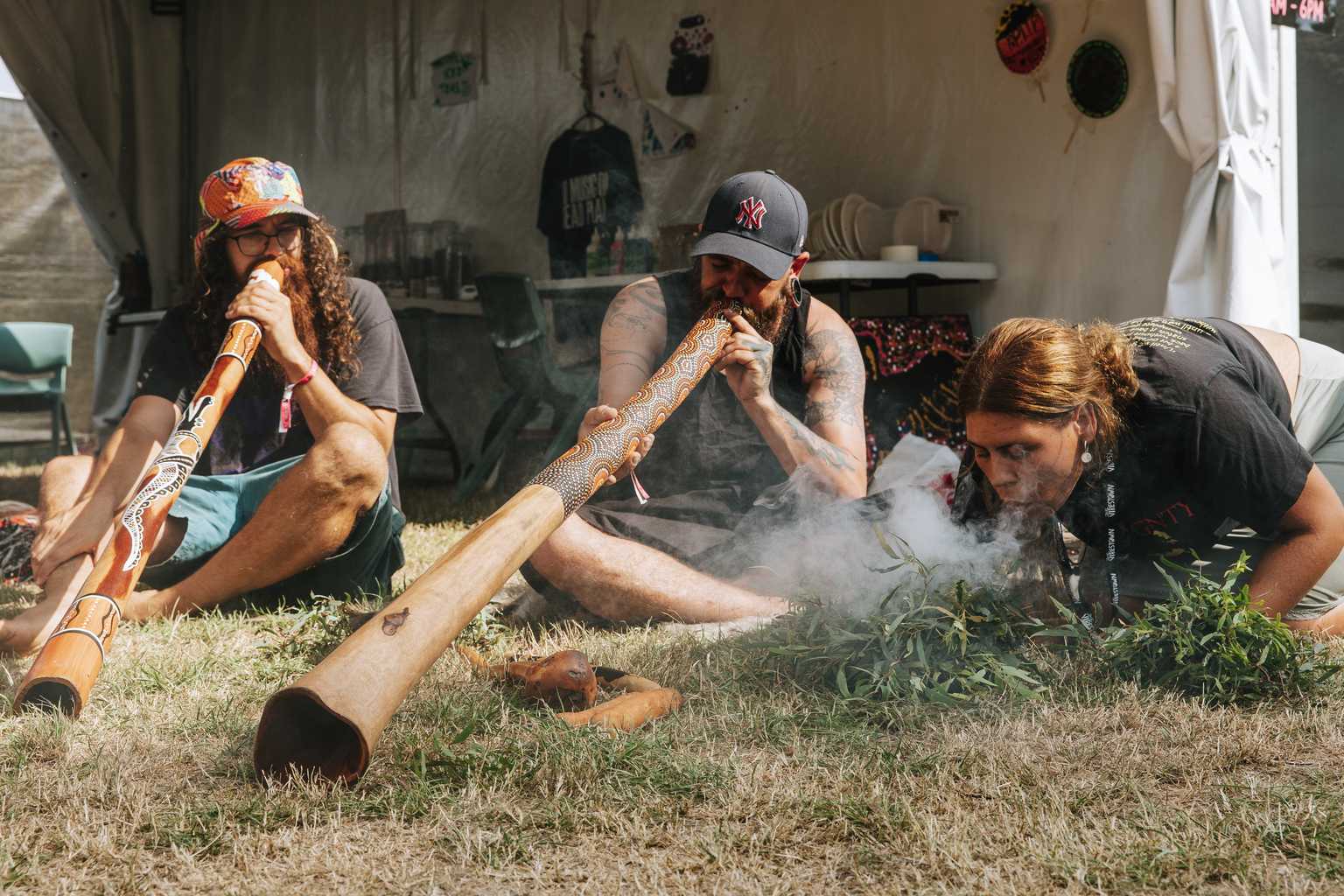
He suggested they might occur yearly rather than at every meeting.
Elliot insists her proposal is about respecting different viewpoints while ensuring no one is compelled to participate.
“These rituals must optional and voluntary. If the council rejects this fair middle ground, they’re forcing religious and political beliefs on others which is not kind or inclusive,” she said.

